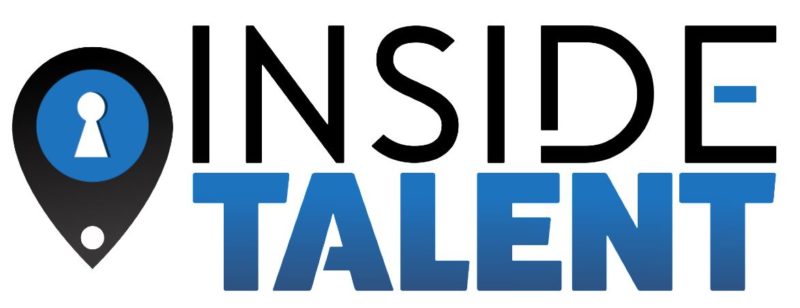According to Jobvite’s 2019 benchmark report, job candidates are less willing to change jobs than ever. In 2018, the average number of candidates per open requisition was the lowest ever, at just 29 (down from 36 in 2017 and 52 in 2016). This might seem counter-intuitive to the job-hopping free-for-all stories we’ve told ourselves over the last few years of this growth market.
The reality is, although employers often receive a plethora of applications for many job requisitions, many highly skilled and niche positions are still a struggle to fill. And as organizations attempt to flatten, yet still grow, more middle managers are created. I have a theory that these managers, who often find themselves in a position where they, themselves, need to hire for difficult roles, are ill-equipped to do so.
Managers end up managing because they were good at their old jobs, which often were individual contributor roles, not because they are particularly good managers. The hope is that a high percentage of new managers will be naturally good at managing. It would be some pretty sweet icing for those in recruiting and talent acquisition roles if those managers also turned out to be good at hiring. But since most organizations don’t give new managers much training in either managing or hiring, the odds are probably on the low side.
I posited this theory to a group of recruiting experts at the recent LAX TechRecruit conference in Los Angeles. You can listen to the conversations I had with Lou Adler, Dean Da Costa, Alan Fluhrer, and Amy Miller here. We debated whether good leaders are born or made (or both). We asked if “hiring managers” are even a real thing. And we discussed how best to help managers by being good partners in recruiting.
You can hear the entire conversation on the podcast here. It’s a great debate.
And here are the suggestions by our expert panel on how to best help hiring managers with the clearly difficult task of filling roles on their teams.
- When opening up a new job requisition, start with these two questions:
1) Why would a top person who’s not looking want this job for non-monetary reasons?2) What does the person need to accomplish in the first 6-12 months to be considered a top performer in this role? -Lou Adler, CEO, Performance-based Hiring Learning Systems
- Working with hiring managers is best when you both respect, listen and pull towards the same goal. Being respectfully candid, and open to new ideas. -Alan Fluhrer, Talent Acquisition Manager at W.E. O’Neil Construction
- BRING DATA. You MUST have a good sense of your pipeline, labor market data, etc. Never come to a meeting with NO information. You may only have a little, but be ready with questions to help fill in the gaps you don’t know. We are expected to be the “recruiting experts” -we prove that by having and sharing information THEY DO NOT POSSESS. -Amy Miller, Senior Tech Recruiter at Google
- Take control and have facts to back you up! -Dean Da Costa, Enterprise Sourcing Practice Lead at Lockheed Martin
- Be a true partner. You and the hiring manager are peers. He or she is the expert for their team, and you are the expert in recruiting. You should hold each other accountable. And you should bring the level of professionalism to each search that you would expect from your most respected peers and partners. -Craig Fisher, Head of Recruiting Innovation at Allegis Global Solutions
Thanks to Stacey Broadwell, founder of TechRecruit.io for inviting me to speak at their events in 2018 and 2019. The conversations have been stimulating and the company good.
Are you a hiring manager or recruiting professional? What are your thoughts and suggestions? Let me know in the comments below.


Let me hear from you!